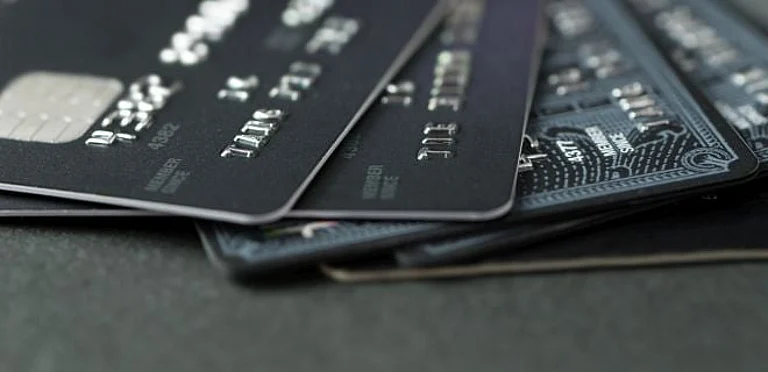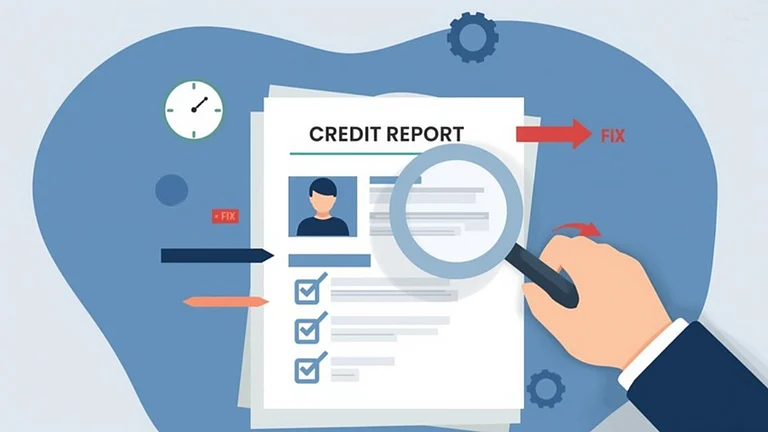The terms blocking and closure of credit cards are sometimes used interchangeably, but they represent completely different actions with different implications. Knowing the differences can guide users in making informed decisions when managing credit cards, especially in cases like fraudulent transactions or account inactivity.
What Is Block a Credit Card?
Blocking a credit card is a temporary action taken to protect against misuse. If you suspect that your card has been misused or is lost, freezing the card will not allow any subsequent unauthorized transactions. More importantly, however, you continue to enjoy using your credit account during such a period. If you lose your card and a thief goes on to steal it and misuse it for Rs 5,000, you can call your bank to freeze the card immediately. But, while the card is frozen, the respective account is still active and functioning.
What Is Closure of a Credit Card?
Closure is a permanent action. It is the deactivation of the credit card along with the closing of the account that it was connected to, usually when the cardholder no longer needs the card or its terms are averse to them. The cardholder must settle all the outstanding balances in the account before making a closure.
1. Purpose: Block is a response to suspicious activity, while closure is done either voluntarily or by the bank to permanently deactivate the account.
2. Temporary vs. Permanent: A blocked card is reversible, whereas closure is a final step.
3. Impact on Account: A blocked card keeps the account active, but closure terminates it entirely.
4. Credit Score: Blocking does not affect credit score, but closure may be affected if it reduces the total credit limit and utilization ratio of a user.
5. Account Clearance: It does not require any type of payment, but blocking requires clearing all dues if it is closed.
Why Close a Credit Card?
Credit cards are closed for:
- No longer needed or rarely used.
- High annual fee or unfavorable terms.
It could be closed for not using or through policy change from banks.
Knowing when to place a block or close cards properly manages finances. Since block provides immediate protection from fraudulent activities, the bank can close as a more strategic move in handling funds. Always evaluate credit scoring and outstanding balances before performing any closure.














